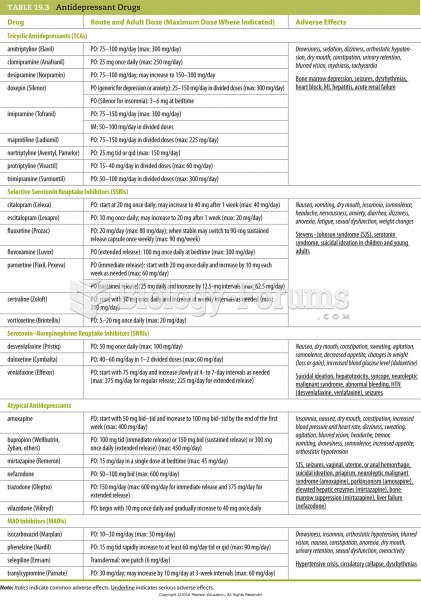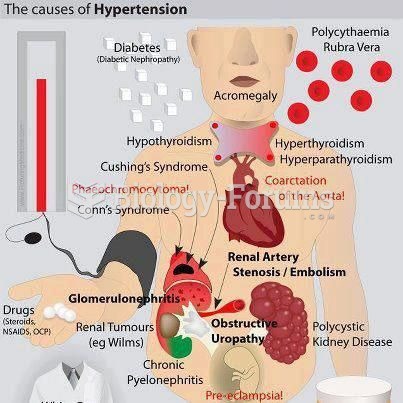Answer to Question 1
Correct Answer: 4
Rationale 1: Calcium channel blockers protect the heart from hypertension, but do not specifically help protect the heart from heart disease.
Rationale 2: Thiazide diuretics protect the heart from hypertension, but do not specifically help protect the heart from heart disease.
Rationale 3: ACE inhibitors can protect the heart from heart disease, but not to the extent that beta blockers can.
Rationale 4: Beta blockers are typically given to clients with heart disease to protect the heart. JNC VI recommends that clients with other compelling factors be given an antihypertensive that also treats the other factors.
Global Rationale: Beta blockers are typically given to clients with heart disease to protect the heart. JNC VI recommends that clients with other compelling factors be given an antihypertensive that also treats the other factors. Calcium channel blockers, thiazide diuretics, and ACE inhibitors protect the heart from hypertension, but do not specifically help protect the heart from heart disease.
Answer to Question 2
Correct Answer: 4
Rationale 1: Prehypertension is characterized by blood pressure between 120/80 and 139/89 mmHg.
Rationale 2: Stage 1 hypertension is characterized by blood pressure between 140/90 and 159/99 mmHg.
Rationale 3: Stage 2 hypertension is characterized by blood pressure greater than 160/100 mmHg.
Rationale 4: Hypertensive emergencies are characterized by diastolic readings greater than 120 mmHg.
Global Rationale: Hypertensive emergencies are characterized by diastolic readings greater than 120 mmHg. Prehypertension is characterized by blood pressure between 120/80 and 139/89 mmHg. Stage 1 hypertension is characterized by blood pressure between 140/90 and 159/99 mmHg. Stage 2 hypertension is characterized by blood pressure greater than 160/100 mmHg.







